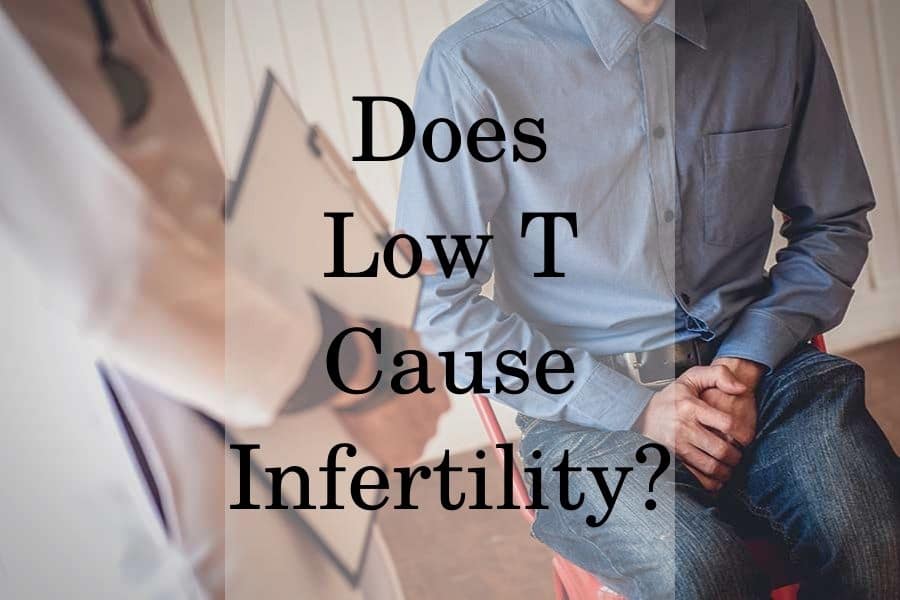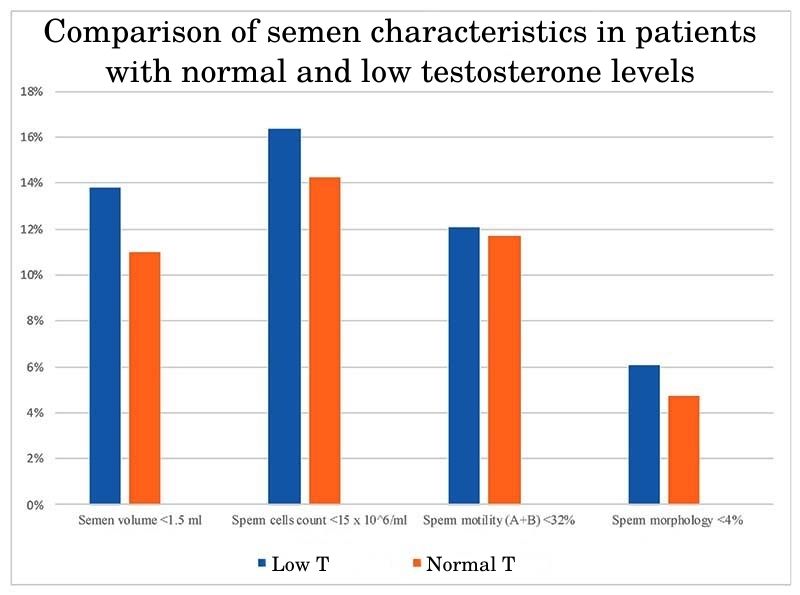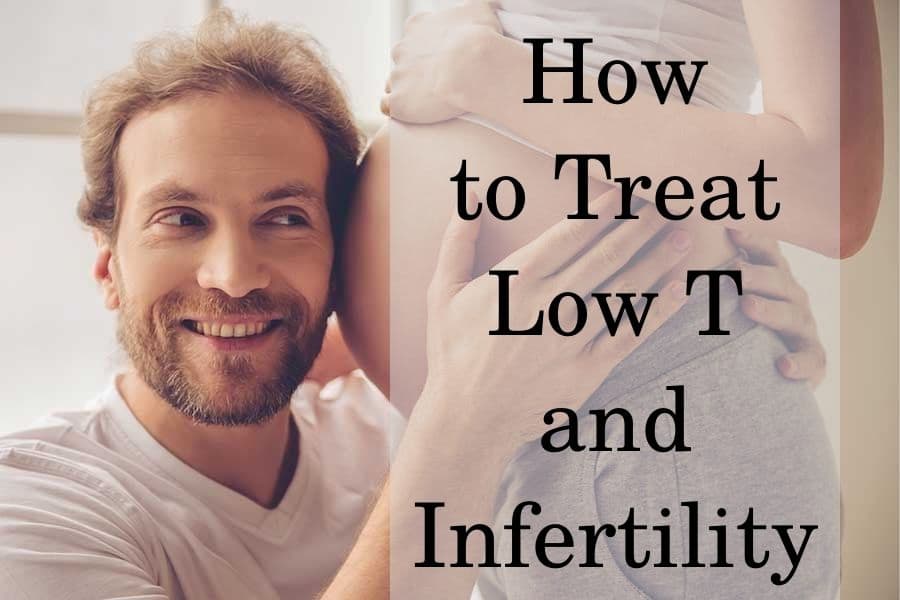Low testosterone (T) can wreak havoc on your sexual health, causing you to experience a lack of libido, debilitating fatigue, and erectile dysfunction.
If your testosterone problems are due to testicular injury or damage, your chances to father children will also be affected.
Testicular injury can lead to an inability to produce viable spermatozoids, low sperm count, and infertility.
Furthermore, the testosterone levels inside your testes are tightly linked to the production of semen. Even if the damage affects only the hormonal function of the testes, it will affect the quality of your sperm and lead to infertility.
What’s the relationship between testosterone and sperm production?
Testosterone is essential for normal spermatogenesis. The hormone stimulates the process of meiosis, which is a type of cell division unique for sperm cells and eggs.
According to research, a lack of testosterone production inside the testicles stalls the division of progenitor cells during their development into sperm. Most of the stalled cells die and the result is low sperm count, reduced sperm motility, and poor sperm morphology.
Testosterone and sperm are made in different parts and cells of the testicles. Spermatozoids grow in tubules called seminiferous tubuli which fill up the testes, while testosterone is synthesized by cells found around the tubules called Leydig cells.
Once the Leydig cells produce testosterone, it enters the tubules where it helps the growth and development of spermatozoids.
These effects are mediated by cells found inside the seminiferous tubuli called Sertoli cells. Testosterone stimulates the adhesion and release between Sertoli cells and developing sperm, which facilitates several stages of sperm cell maturation.
Testosterone is also crucial for producing seminal fluid inside the prostate gland
The production of sperm is highly dependent on intratesticular testosterone levels, which is why the concentration inside the testes normally is about 40 times higher than serum T levels.
Read next: Can testosterone increase penis size?
How ejaculation affects serum testosterone levels
Studies confirm that ejaculation does not affect serum T levels. Due to the high T levels inside the testicles, some amounts of it can also be found in the semen after ejaculation. Testosterone concentration in semen is about 20-30 ng/dl or 1-2 ng per one ejaculation. In comparison, normal serum T levels are 300-1000 ng/dl.
Since there is just a tiny amount of T in your semen, the serum testosterone levels cannot be affected by having an orgasm. The only hormones affected by ejaculation are dopamine (briefly decreases) and prolactin (temporarily increases). Also, there’s no strong evidence that masturbation can decrease testosterone in men.
Testosterone is crucial for male fertility, but high T does not provide additional benefits as long as testosterone levels are within the normal range.
Does low T cause infertility?
Low testosterone levels do not always lead to infertility. Hormonal levels inside the testicles are always significantly higher than those measured in your serum as long as the function of the testes is not completely lost.
Low T occurs in approximately 15% of subfertile men
Some men may have clinically low serum testosterone levels and still maintain their fertility. Therefore, fertile women can still get pregnant from their partner even if he has low T.
But men with low T may find it challenging to impregnate their partner due to the adverse effects of hypogonadism on sexual health. For example, low testosterone is linked to erectile dysfunction (ED) and loss of libido, while medications for ED do not always reverse the problem.
The exact effect of low T on fertility depends on the condition’s cause. Men with low T and functional testes that still produce some amounts of testosterone tend to remain fertile, albeit their fertility is usually reduced. Those with severe testicular damage and a lack of testosterone will suffer from permanent infertility.
With that being said, men who have a low sperm count are more likely to have low T than fertile men.
According to research, approximately 15% of subfertile men have low testosterone. The researchers also compared semen parameters between infertile men with low (<264 ng/ml) or normal T levels. They found that sperm count, sperm volume, and motility tend to be lower in the low T group but not significantly different.
How to treat low T and infertility in males
The best therapy for low T and male infertility depends on the causes that have led to these conditions and whether the patient desires to remain fertile if possible.
Administering exogenous testosterone is the most effective way to restore the hormonal balance in men with low T and cope with the debilitating symptoms of the condition.
Yet, testosterone replacement therapy (TRT) cannot restore the levels of T inside the testicles, and therefore it will not make you fertile again.
In fact, TRT increases your serum T levels which triggers negative feedback. Your pituitary gland detects that serum T levels are already high and ceases to stimulate your testicles.
Without that stimulus, the testes no longer produce testosterone and sperm. Thus, most men will not remain fertile during TRT.
Preserving fertility is only possible in men who develop hypogonadism due to pituitary problems and still have functional testes.
In such cases, hypogonadism occurs because the gland no longer releases hormones to stimulate the production of testosterone and semen in the testes. Lack of hormonal stimulus leads to low T, secondary hypogonadism, and infertility.
Get a free consultation with our medical expert for any questions about hormone replacement therapy



